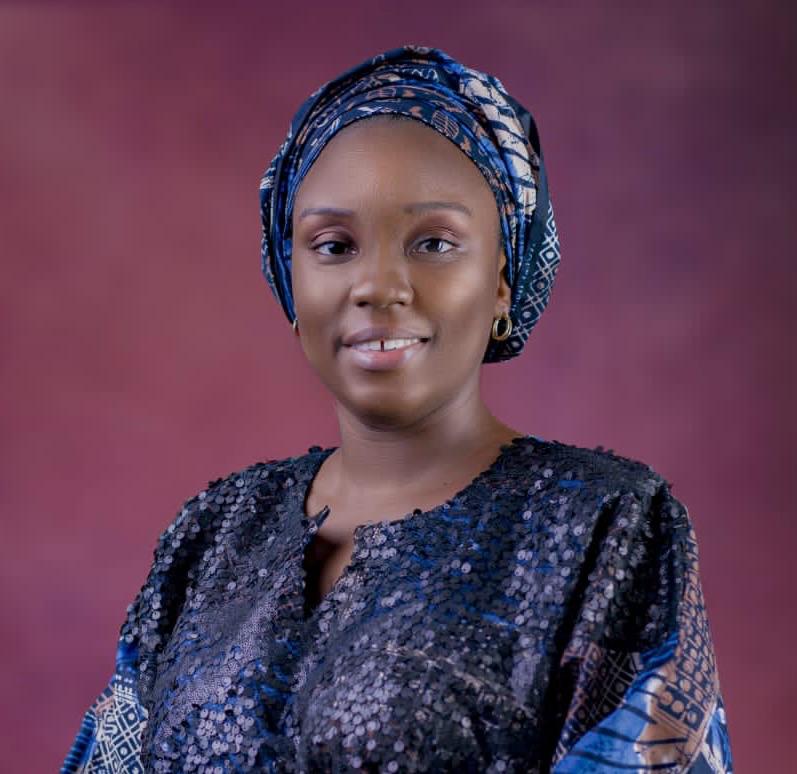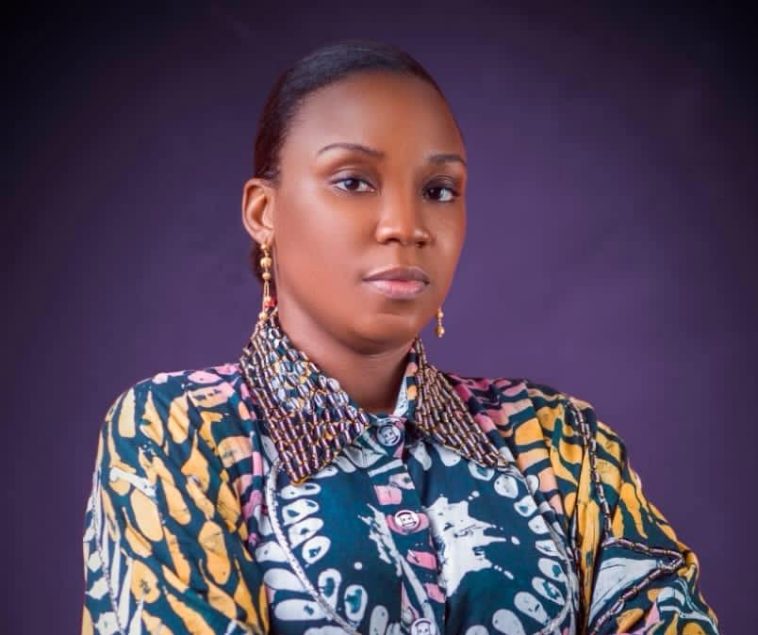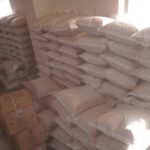By Dr. Amina Omeri
Education has long been regarded as the foundation of civilization. Across generations, societies have recognized its value and passed on its importance, with governments globally ensuring that it remains a national priority, particularly for children. Yet today, the world continues to grapple with the growing crisis of children being excluded from formal education. In Nigeria, this crisis is made worse by the unique plight of the Almajiri child as it is estimated that there are approximately 18.3 million out-of-school children and about 10 million Almajiri children.
Firstly, out-of-school children are those not enrolled in any formal education system. Their exclusion is often due to societal and economic challenges, such as poverty, the need for child labor on farms or in mines, or traditional beliefs that deprioritize formal schooling.
On the other hand, Almajiri, which is derived from the Arabic word for student, refers to a child pursuing Islamic knowledge. These children may come from educated families or be sent away from home to learn under the guidance of a Mallam (teacher). While technically enrolled in a form of education, their learning is narrowly focused on Qur’anic recitation and the Hadith, the teachings and actions of the Prophet Muhammad (SAW). They often lack access to broader, modern education.

Despite the Nigerian government’s provision of free and low-cost public education, and the establishment of the National Commission for Almajiri and Out-of-School Children Education (NCAOOSCE), many families still choose not to send their children to school. Children are instead deployed as domestic workers, farm labourers, or even informal mine workers. The Almajiri system, in many cases, has evolved into a means of economic exploitation by some Mallams, who rely on the children to beg for money under the guise of religious obligation.
Both out-of-school and Almajiri children are exposed to similar dangers, violence, abuse, exploitation, and long-term neglect. Many Almajiri children suffer physical and emotional abuse at the hands of some Mallams in the name of discipline. Consequently, they are left ill-equipped for the demands of a modern society, unskilled and socially excluded.
The implications of this neglect are far-reaching. The abuse endured by these children not only affects their mental and physical well-being, but also contributes to a cycle of poverty, social instability, and insecurity that weakens the nation’s political and economic systems.
It is vital to distinguish between cultural or religious practices and outright neglect. No tradition or belief system should be used to justify denying a child access to education or exposing them to abuse. Children must be protected and empowered, not abandoned in the name of tradition.
This urgent crises warrants critical investments (funding) in the already fragile primary and secondary school education sector, the National Commission for Almajiri and Out-of-School Children Education (NCAOOSCE) should be funded and retooled, with strict oversight and must be held to tighter, outcome-driven deliverables especially in the aspect of data on every out of school and Almajiri child, as well as the provision of psychological services and trauma support for affected children. Lastly, there should be a national roll-out of targeted behaviour modification campaigns aimed at children, Mallams, and families to educate them on the dangers of current practices.
Ultimately, every Nigerian bears a shared responsibility to protect and nurture the Nigerian child. It truly takes a village to raise a child, and we must rise to that call. The future of our nation depends on how we treat its youngest and most vulnerable members today.






